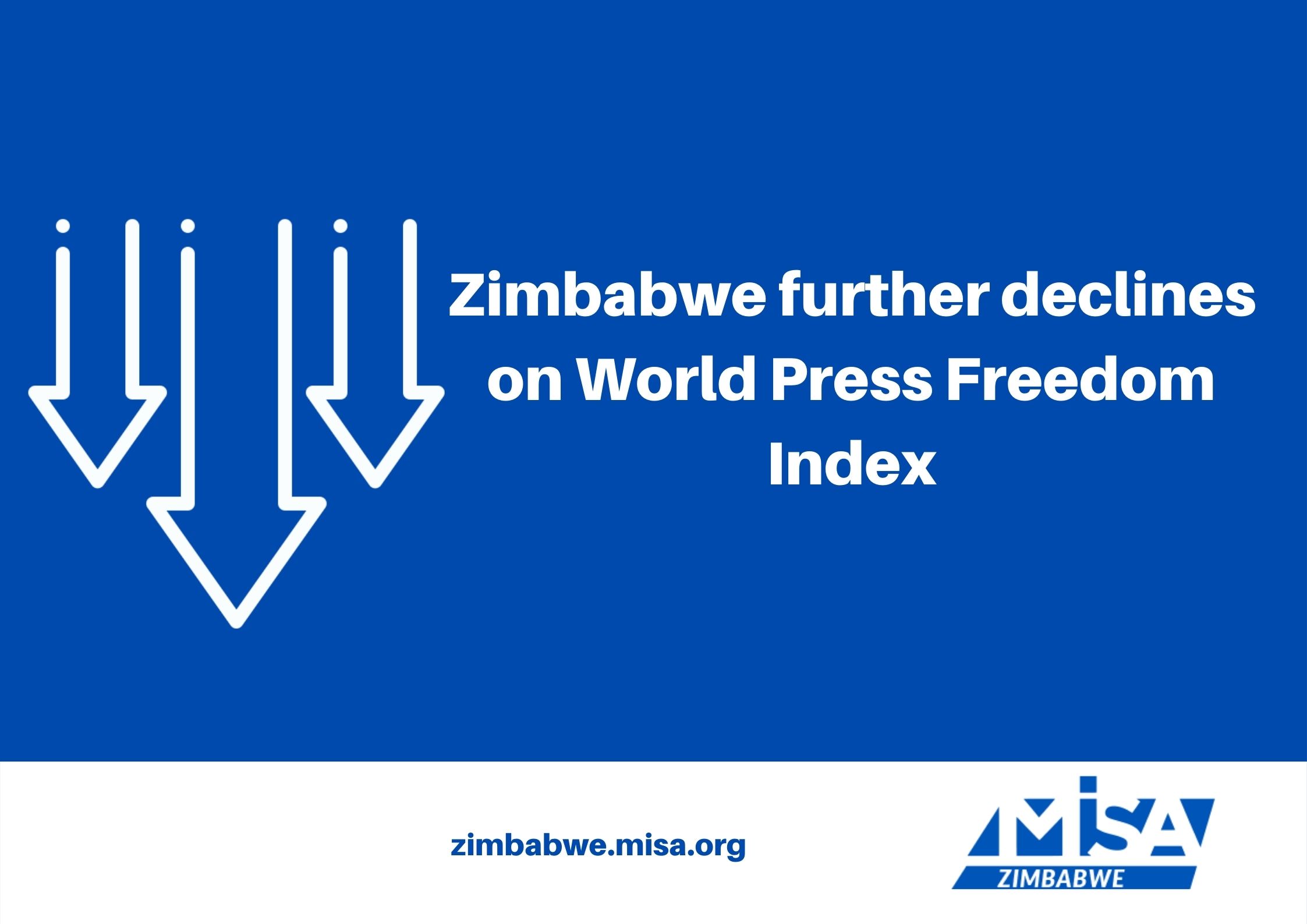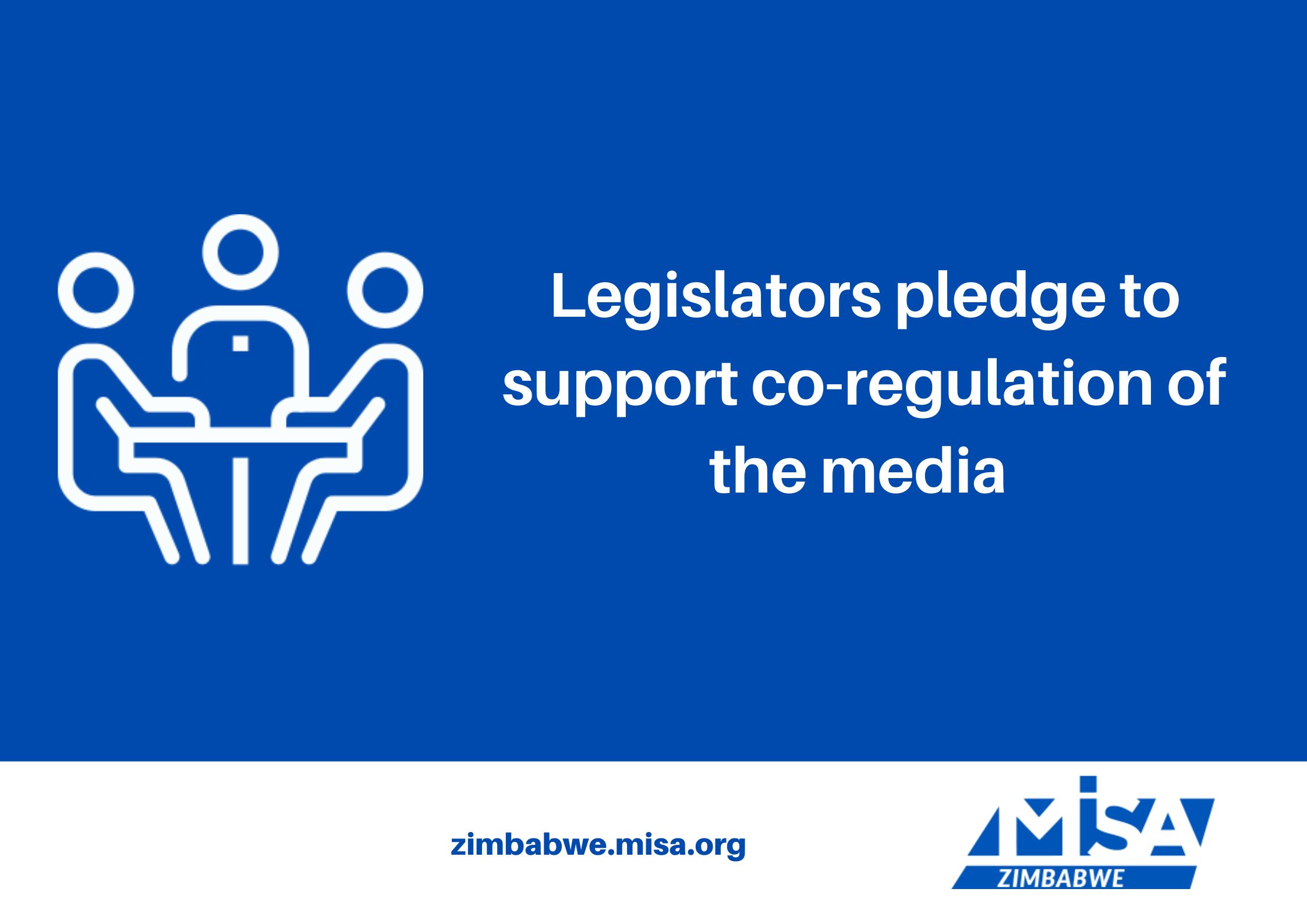Zimbabwe once again declined on the Reporters Without Borders (RSF)’s 2022 World Press Freedom Index, a worrying trend, as the country reverses the gains it made following the ouster of Robert Mugabe as president in 2017.
Following Mugabe’s ouster, Zimbabwe initially rose on the World Press Freedom Index, but for the past two years, the country has been on the decline.
In 2021, Zimbabwe was ranked 130th and in 2022 it was ranked 137th, a decline of seven places.
The RSF report noted that extremely harsh laws are still in effect and, when new laws have been adopted, their provisions are just as draconian as those they replaced.
“The amended penal code and Official Secrets Act and the new Cyber Security and Data Protection Act continue to hamstring journalism,” RSF said.
“In theory, the confidentiality of sources is protected by law, but that hasn’t been the case in practice.”
RSF noted that although levels of violence against journalists have declined significantly under President Emmerson Mnangagwa’s administration, they remain alarmingly high and self-censorship is routinely practiced to avoid reprisals.
“The police often use disproportionate force and confiscate equipment,” the report said.
“Acts of intimidation, verbal attacks and threats (especially on social media) are still common practices.”
“Cases of journalists being imprisoned and prosecuted are nonetheless now rarer, the most notable case being that of Hopewell Chin’ono, an investigative journalist who spent almost a month and a half in prison in 2020. Journalists’ phone communications are often subject to surveillance.”
The findings of the report are reflective of the State of Press Freedom in Southern Africa Report that was produced by MISA.
The report notes that while some progress had been made, Zimbabwe had taken one step forward and two steps backward.
One of the positives that the RSF report noted was that the political climate has been more peaceful for Zimbabwean journalists since Mnangagwa took over as president.
However, it also pointed out that authorities are still tempted to intervene in editorial decisions, citing a case in 2021 where “the head of Zimpapers asked editors to publicly support the ruling party ahead of the election….”













